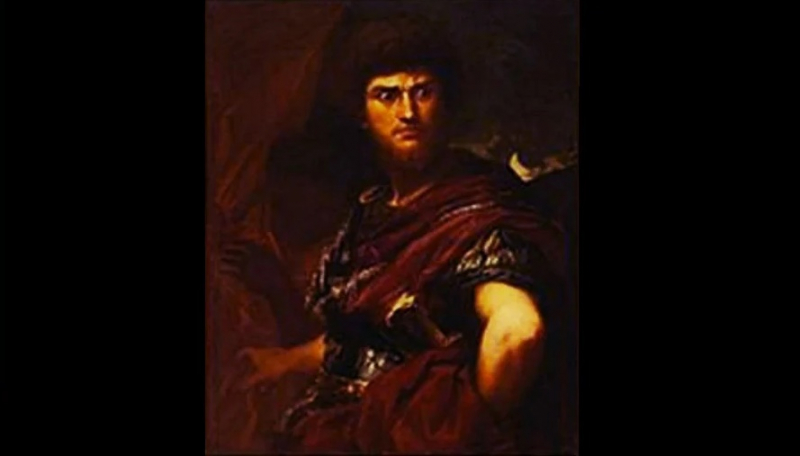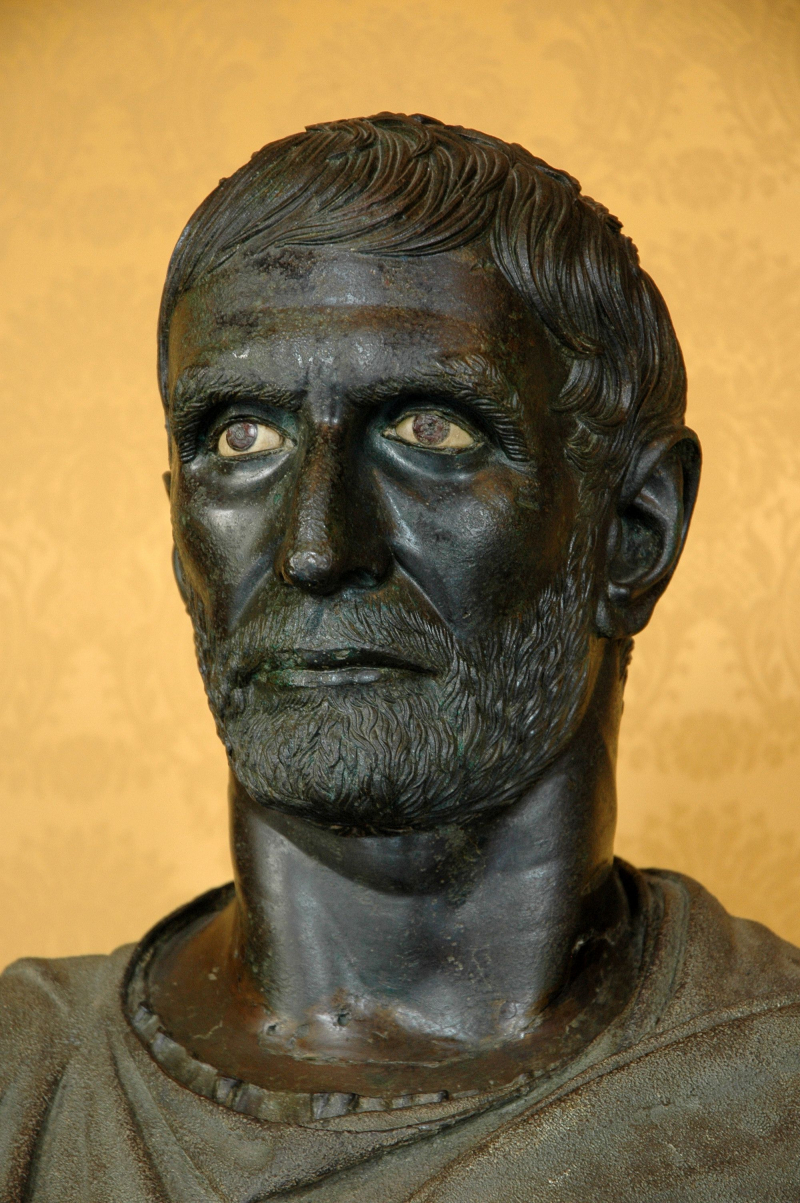The establishment of the Roman Republic
The Roman Republic was a polity of classical Roman civilization that was controlled by the Roman people's public representation. From the destruction of the Roman Kingdom (traditionally dated to 509 BC) until the founding of the Roman Empire in 27 BC, Rome's influence swiftly expanded throughout this period from the city's immediate surrounds to rule over the whole Mediterranean world.
The Roman Republic has established around 509 BC, according to tradition and later writers such as Livy, when the last of Rome's seven kings, Tarquin the Proud, was deposed by Lucius Junius Brutus and a system based on annually elected magistrates and various representative assemblies was established. A constitution establishes a system of checks and balances as well as a separation of powers. The two consuls were the most powerful magistrates, wielding executive authority such as imperium, or military command. The consuls had to collaborate with the Senate, which began as an advisory council of the leading nobility, or patricians but increased in size and authority through time.
Other Republic magistrates include tribunes, quaestors, aediles, praetors, and censors. Originally reserved for patricians, magistracies were subsequently opened to commoners or plebeians. The Republican voting assemblies featured the comitia centuriata (centuriate assembly), which voted on war and peace issues and elected men to the most significant positions, and the comitia tributa (tribe assembly), which elected men to less important positions.













